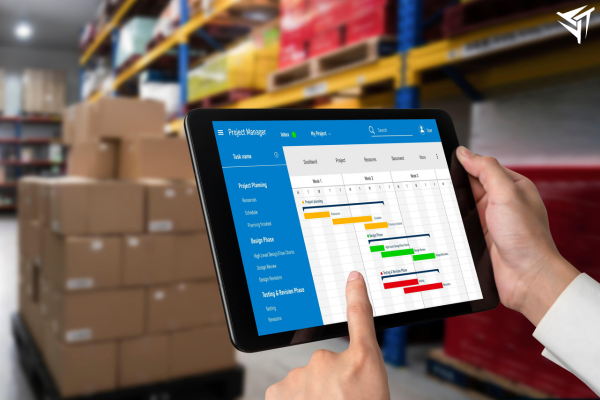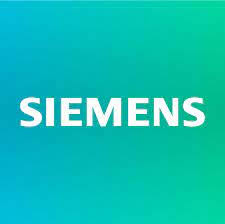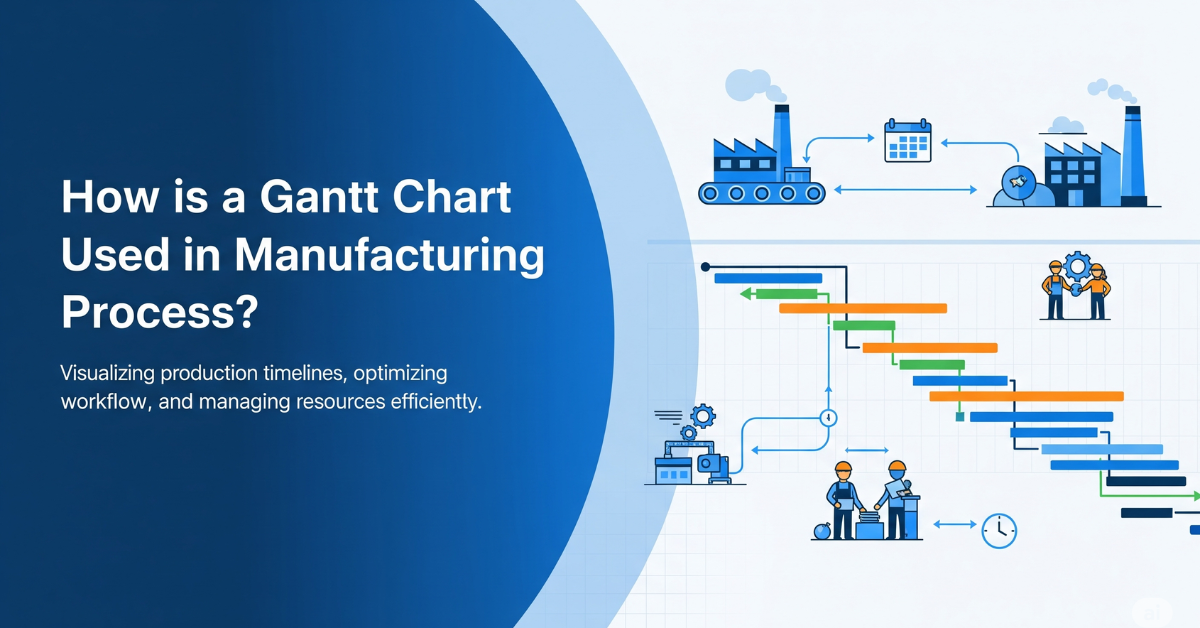Finite Capacity Scheduling Software
Finite Capacity Scheduling (FCS) Software connects digital scheduling insights with physical production constraints by tracking resource capacity in real time. It ensures that production plans are realistic, aligning work orders with available resources to minimize delays and bottlenecks.
This solution supports smart manufacturing by integrating precise capacity management with agile decision-making and continuous process optimization.
Capacity Scheduling Challenges
Finite capacity scheduling is challenging due to the complexity of balancing limited resources with changing production priorities. Static schedules often fail to reflect real-time constraints, leading to overloading or underutilization. Without accurate capacity modeling, manufacturers risk delays, inefficiencies, and unmet delivery commitments.

What Does a Finite Capacity Scheduling Software Do?
Finite Capacity Scheduling (FCS) Software creates realistic production schedules based on actual resource constraints such as machine availability, labor capacity, and material supply. It prevents overbooking by ensuring that no more work is scheduled than the plant can handle at a given time. This leads to more accurate timelines, fewer delays, and improved production flow across the shop floor.

Key Features of FSC Software
Real-Time Adjustments
Offers dynamic schedule updates that instantly respond to production changes, machine downtime, or order priority shifts. Automatically recalculates timelines and alerts teams to maintain smooth, uninterrupted operations.
Visual Capacity Planning
Presents interactive dashboards that graphically display capacity, workload distribution, and resource utilization. Empowers managers to quickly pinpoint bottlenecks, assess risks, and make informed scheduling decisions.
Advanced Scheduling Engine
Utilizes robust algorithms to optimize machine, labor, and resource scheduling within strict capacity constraints. Balances workloads, prioritizes tasks, and minimizes delays to enhance production efficiency across complex operations.
Manufacturing Scheduling Software Benefits
Optimized Utilization
Maximizes asset use by aligning production tasks with available capacity, ensuring minimal idle time and improved efficiency.
Improved Efficiency
Automates scheduling decisions to cut manual interventions, streamlining operations and reducing production delays.
Reduced Delays
Quickly adjusts to unexpected events, cutting downtime and ensuring smooth, on-time production runs.
Enhanced Visibility
Provides clear, real-time insights into resource loads and potential bottlenecks for proactive management.
Cost Reduction
Minimizes overtime and waste by optimizing work allocation, ultimately lowering operational expenses.
Scalable Operations
Adapts to varying production volumes and capacity constraints, supporting growth and dynamic process changes.
Siemens Opcenter APS
Snic Solutions is recognized as one of the elite organizations partnered with Siemens as a value-added reseller of Opcenter.
/About%20Page/Blake%20Digital%20Transformation%20Solutions.png?width=500&height=500&name=Blake%20Digital%20Transformation%20Solutions.png)

FCS Software Integration
Finite Capacity Scheduling Software connects with MES, ERP, and APS systems to create realistic production schedules based on actual resource availability and constraints.
What happens when you integrate?
Integration enables synchronized planning across systems, accounting for machine loads, labor, and material limits. This reduces bottlenecks, prevents overbooking, and drives efficient resource utilization.

From Our Blog
Stay up to date with what is new in our industry, learn more about the upcoming products and events.

Why Manufacturers Struggle to Use Data — and How Data Integration Fixes It
Alex is an operations leader at a manufacturing plant. He’s aware that his IT team…

How is a Gantt Chart Used in Manufacturing Process?
In manufacturing, Gantt charts are used to simplify production by visualising task…
.png)
Top Advantages of Laboratory Automation Systems
Are you curious about how laboratory automation can benefit your lab? Laboratory a…
Frequently Asked Questions
Have Question? We are here to help
What is an example of finite capacity scheduling?
An example would be scheduling a production line where each machine and labor shift has limited availability. The software ensures that no more tasks are assigned than the available resources can handle.
What does "finite capacity" mean?
"Finite capacity" refers to a scheduling method that accounts for actual resource limits—such as machines, labor, or materials—so production doesn’t exceed what the facility can realistically support.
What is the difference between finite and infinite capacity planning?
Finite capacity planning schedules only within the limits of available resources, while infinite capacity planning assumes unlimited resources, which can lead to bottlenecks and delays.
What does finite scheduling mean?
Finite scheduling is the process of creating a production plan that respects current resource constraints, ensuring no overallocation of machines, labor, or materials.
What is APS software?
Advanced Planning and Scheduling (APS) software helps manufacturers optimize production by integrating planning and scheduling with real-time constraints and priorities.
What is the difference between capacity planning and scheduling?
Capacity planning determines what resources are needed to meet demand, while scheduling assigns specific jobs to resources over time to fulfill that plan.
What are the capacity constraints in planning?
Typical constraints include machine availability, labor shifts, tooling, material supply, and setup/changeover times.
What are the 4 capacity planning strategies?
The four strategies are lead strategy, lag strategy, match strategy, and adjustment strategy—each managing capacity in response to market demand.
What are the three types of capacity planning?
They include workforce capacity planning, machine capacity planning, and tool capacity planning.
What are the three basic phases in capacity planning?
They are measuring capacity, forecasting demand, and balancing capacity against demand.
What is scheduled capacity?
Scheduled capacity refers to the amount of work assigned to resources within a defined period, based on availability and current workload.
What is a capacity scheduler?
A capacity scheduler is a tool or system that prioritizes and allocates available resources to tasks based on defined rules and constraints.
What is a capacity planning example?
A manufacturer may plan to produce 1,000 units next week, but with only two machines and limited labor, the plan is adjusted to 700 units based on actual capacity.
Partner With Us To Reduce Your Technical Debt
Snic Solutions is recognized as one of the elite organizations partnered with Siemens as a value-added reseller of Opcenter.
/About%20Page/Blake%20Digital%20Transformation%20Solutions.png?width=500&height=500&name=Blake%20Digital%20Transformation%20Solutions.png)
